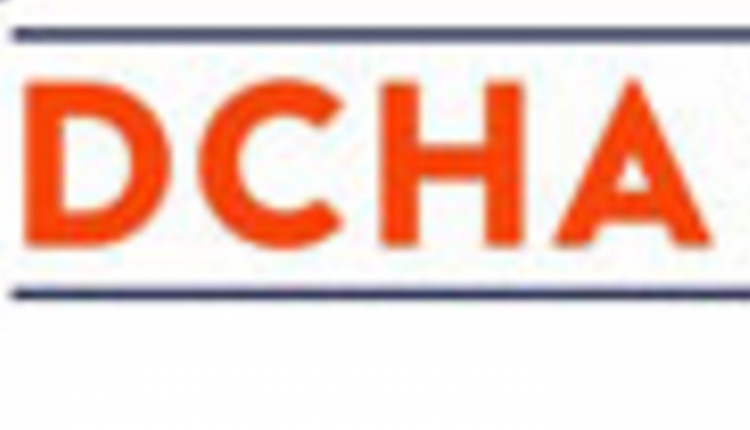The information below has been supplied by dairy marketers and other industry organizations. It has not been edited, verified or endorsed by Hoard’s Dairyman.
Do you feel prepared to raise calves during the winter season? When temperatures drop below 50 degrees Fahrenheit, a young calf’s energy requirements increase to maintain core body temperature. Here are 3 milk feeding strategies to help meet increased energy needs while maintaining performance and health:
1. Deliver more energy with a fat supplement: Adding a fat supplement to the milk solution can be an economical and convenient way to increase the energy content of the milk without switching to a different milk replacer. Milk Energizer from Hubbard Feeds is designed to provide young calves with additional calories during periods of cold stress. 2. Feed a higher-fat milk replacer: Feeding a higher-fat milk replacer increases the energy allowable gain for calves. Using a high-fat milk replacer during the winter months gives calves extra calories. 3. Feed more volume of milk replacer solution: Increasing total volume of milk solution fed will maximize calf growth potential during cold weather. This allows for increased caloric intake providing calves with more energy for growth and immune function. |
|
Offering a high-quality calf starter like Elite 18 is vital for calves to perform well and stay healthy. Calf starter consumption in the winter promotes early rumen development and helps calves generate body heat via increased energy intake and metabolic activity. The effect of fat on starter intake Traditional milk replacers use animal fat as the foremost source of energy. Collaborative research conducted by Hubbard Feeds and the University of Minnesota demonstrates that starter intake decreases as the amount of animal fat in the milk replacer increases, or as milk replacer volume fed increases. In cold weather, feeding a blended fat milk replacer like Beginner Plus HEF may improve calf health, starter intake, and performance. |
|
Interested in learning more? Contact your local Hubbard representative, e-mail us at dairyteam@hubbardfeeds.com and follow our Facebook page. |
|



